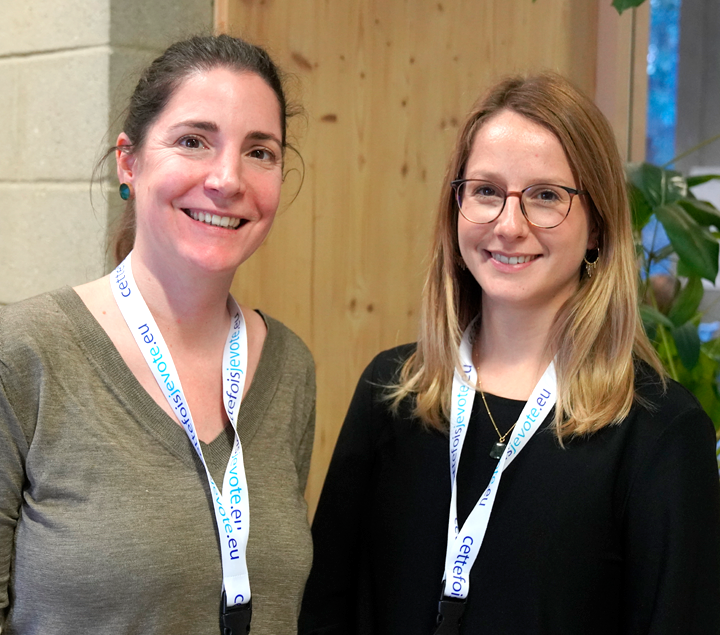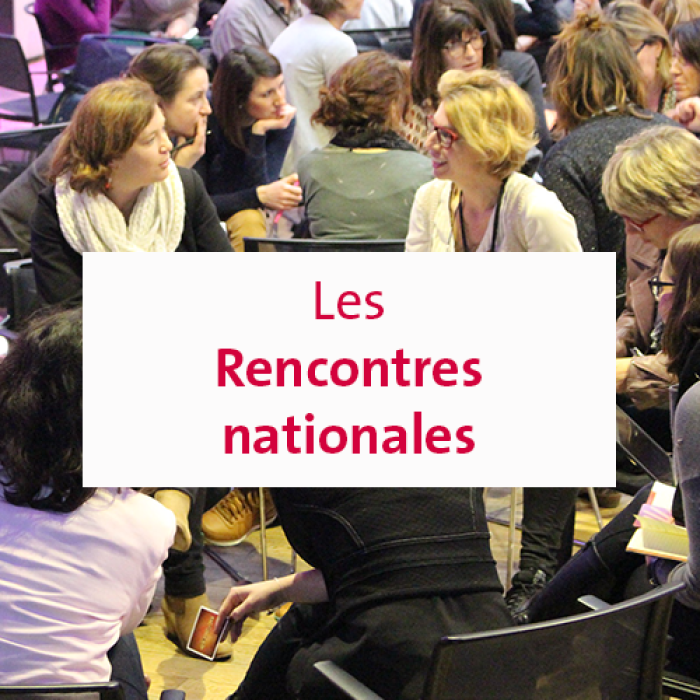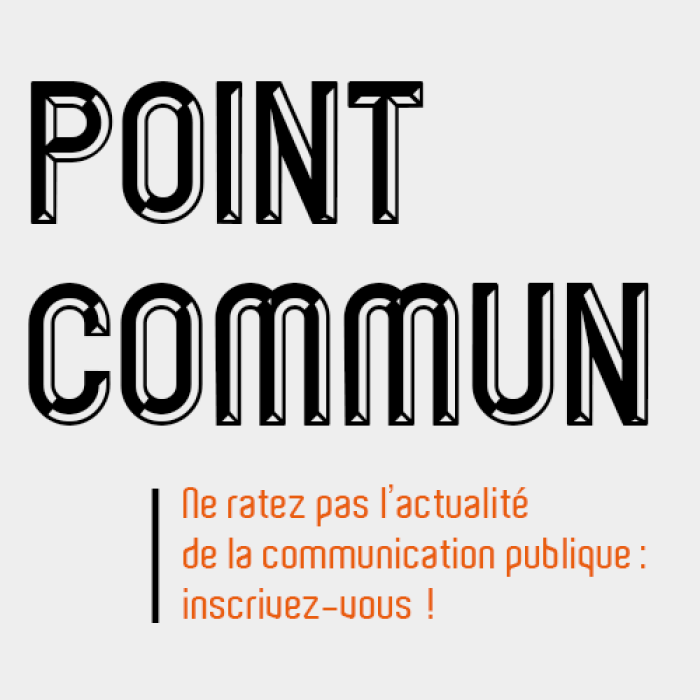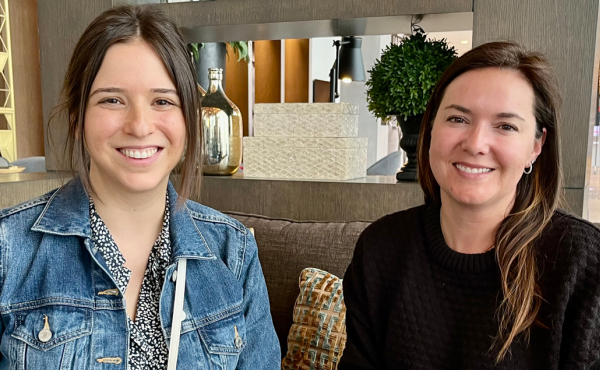
Press relations: the art of non-specialist communication
What better place than a university hospital to explore an important facet of press relations, namely tailoring messages for non-specialised journalists? We caught up with Chloé Wiss and Marie Nicollier, two media managers at the Centre Hospitalier Universitaire Vaudois (CHUV) in Switzerland, to ask them how they manage the dialogue between doctors and journalists.
Commonality: What are the specific issues involved in public hospital press relations?
Chloé Wiss: A public hospital doesn't advertise, which is why it's so important to manage press relations as effectively as possible in order to get messages about health and scientific developments across to the general public.
Our job is to ensure that these two worlds understand each other.”
Marie Nicollier: One of our most common tasks is to respond to requests from journalists covering health-related subjects, who are looking for quick, accessible answers. Essentially, they're seeking out specialists to answer specific questions about diseases, epidemics, new techniques and care systems, etc., as well as broader public health issues. For their part, doctors have their diaries full of clinical activities and concerns that aren't necessarily the same as those of journalists. Our job is to facilitate access to information and ensure that these two worlds understand each other. Not just by transmitting unedited information, but also by helping professionals to explain things in layman's terms and by working on different levels of language. Doctors are scientists and their discourse can sometimes be hermetic or overly detailed. Our role involves facilitating relationships, so that staff understand the needs and requirements of the media, and vice versa. We can also be proactive and communicate on subjects that the CHUV wants to highlight.
Journalists often come to us with specific questions about diseases.
Chloé Wiss: As it is a university hospital, the CHUV, performs a great deal of research. It's important for us to raise the hospital's profile internationally in this respect. But we also cover local press relations, as our hospital is located in the centre of Lausanne and is a local health centre.
Commonality: How does the fact you're based in Switzerland affect your work in public communication?
Chloé Wiss: Switzerland is a federal state with four languages. One of our challenges is to make our presence felt throughout the country, and not just in the French-speaking part where the CHUV is established and recognised.
Marie Nicollier: This is a small region,. so we're lucky to know the journalists who are likely to be interested in health issues. But we have to be on our toes to provide the right story to the right media at the right time.
Commonality: Are you experiencing this phenomenon of general mistrust?
Chloé Wiss: Generally speaking, the Swiss have a good level of trust in their institutions, thanks partly to the system of direct democracy that allows them to vote several times a year.
Marie Nicollier: From this point of view, the CHUV does everything it can to nurture this trust. Public institutions have a duty of transparency, and our hospital often welcomes the media. We open our doors whenever possible, so we get a lot of press feedback. Of course, there have been articles that are critical, and that's normal.
Commonality: Is there a network of public communicators in Switzerland?
Chloé Wiss: There's the Société Romande de Relations Publiques (SRRP, the French-speaking branch of the Swiss Public Relations Association - ASRP). It's the leading association in French-speaking Switzerland for public relations and institutional communication. Several events and meetings are organised throughout the year.

Lausanne CHU
The CHUV is a university hospital of European stature. It is one of five Swiss university hospitals, along with Geneva, Bern, Basel and Zurich. For the sixth year running, the CHUV has featured in the top 15 of Newsweek's ranking of the world's best hospitals. In 2024, it rose to 13th place. Around 13,000 people work at the CHUV.





